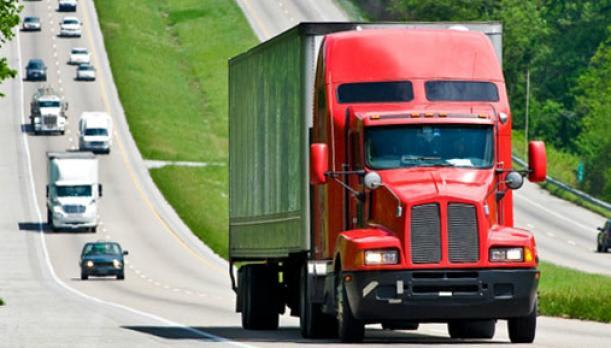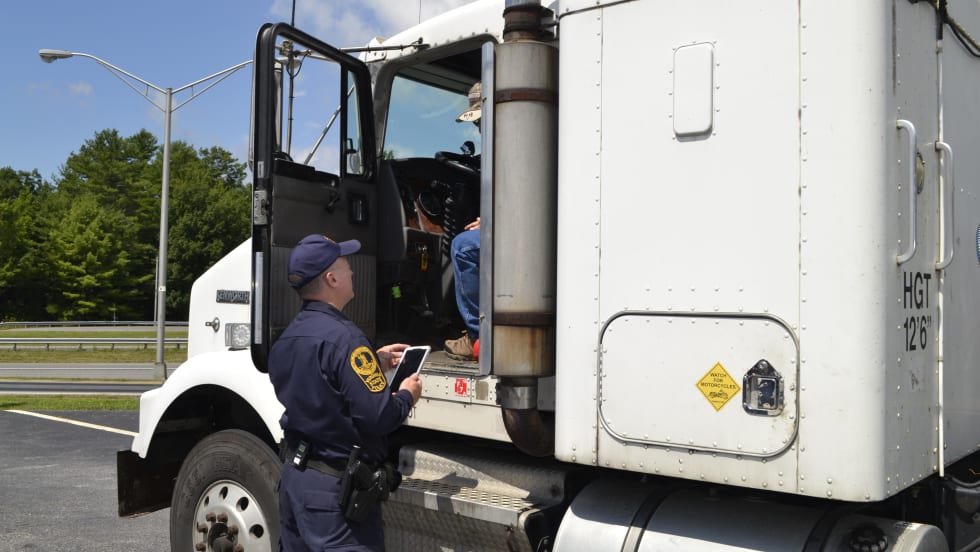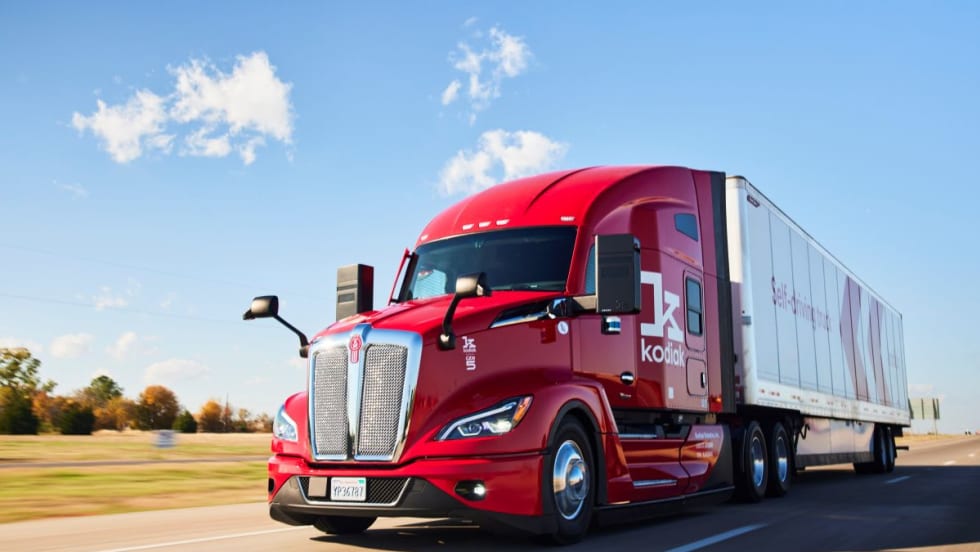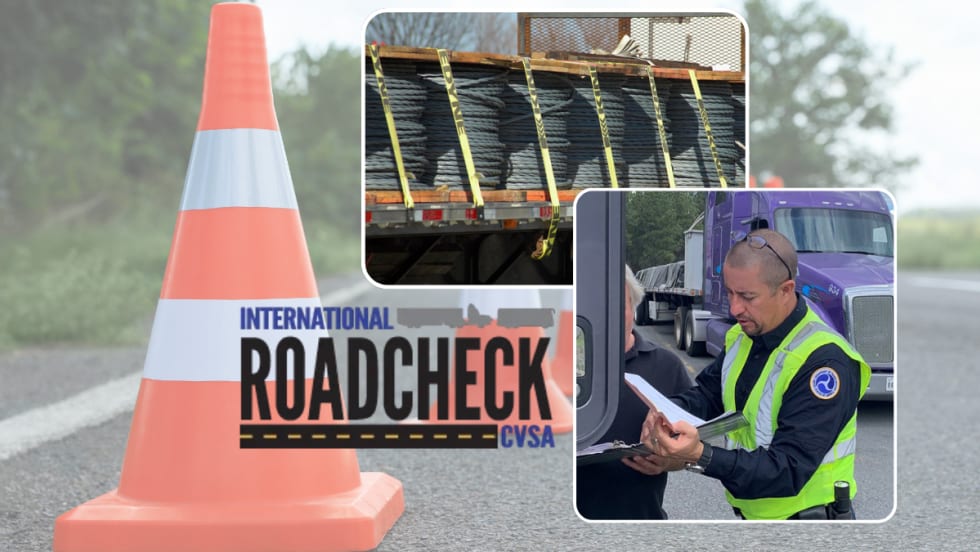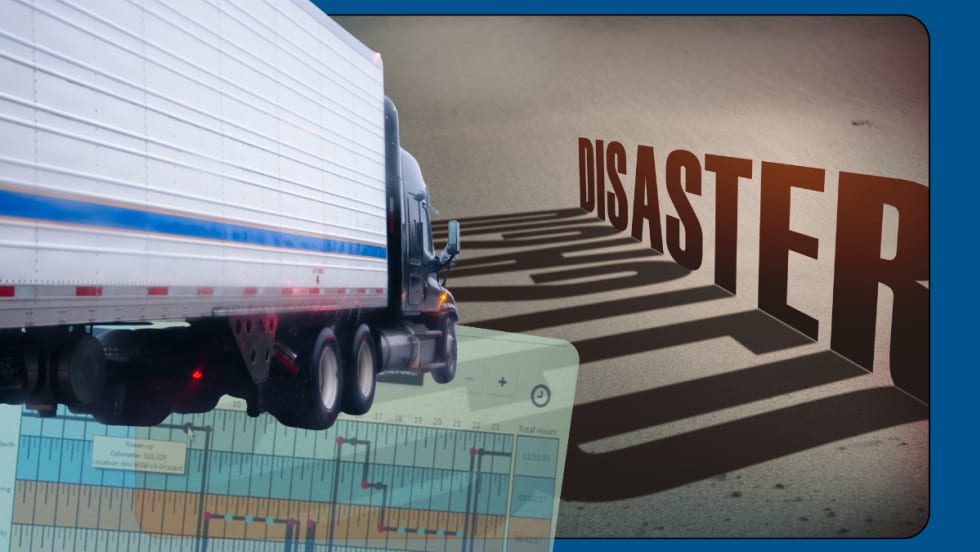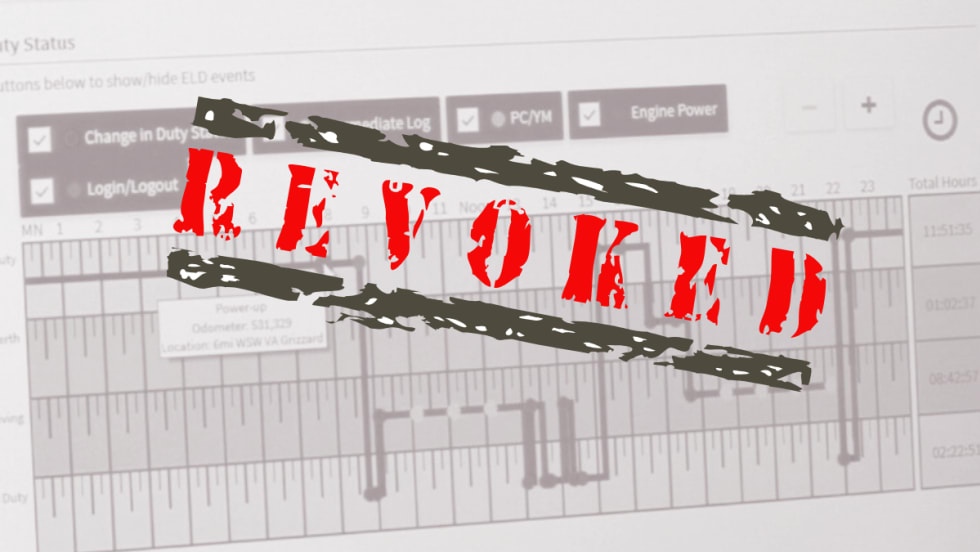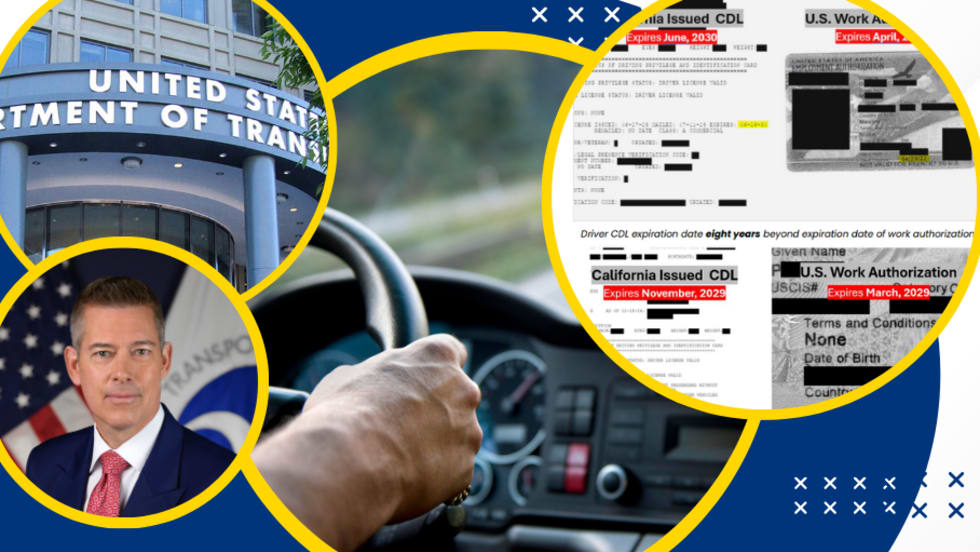Solid support is growing from trucking lobbies in favor of a new bipartisan Senate bill that would require all new Class 7 and Class 8 trucks to be equipped with speed-limiting devices that must be set to a maximum speed of 65 mph and be used whenever in operation.
The Senate sponsors of the Cullum Owings Large Truck Safe Operating Speed Act of 2019 (S.2033) said when the bill was introduced on June 27 that it has been endorsed by “a cross-section of highway-safety advocacy groups,” including the Truckload Carriers Association and the Alliance for Driver Safety & Security (aka the Trucking Alliance).
On July 10, both of those groups issued detailed declarations of support for the measure. TCA noted that, since 2012, it has “advocated for the speed of all electronically governed Class 7 and 8 trucks manufactured after 1992 to be limited at a maximum speed not to exceed 65 mph. We have long been industry leaders, continually seeking to improve upon an already tremendous safety record.”
The TCA statement went on to point out that, “As an association which represents roughly 78% of freight market share by revenue, it is fair to say that any rule regarding speed limiters will have the greatest effect on our segment of the trucking industry. TCA’s members spoke with a unified voice when developing our policy in support of speed limiters, and today we are using this focus to lend support to a bill that we feel could make significant safety strides for all motorists on the nation’s roadways.”
The association added that, “We, as the trucking industry, have a safety obligation to responsibly operate our vehicles at speeds in which we can effectively control and limit the opportunity for accidents.”
The Trucking Alliance also formalized its support by issuing a statement on July 10. “The Trucking Alliance mission is to reduce and eventually eliminate all large truck fatalities and truck speed limiters are integral to achieving that objective,” said Steve Williams, chairman and CEO of Little Rock-based Maverick USA and co-founder and president of the Trucking Alliance. “Sen. Johnny Isakson and Sen. Chris Coons should be applauded for making highway safety a bipartisan issue.
“My late father and grandfather drove trucks for a living,” added Williams. “I’ve spent my entire career in the trucking industry. There’s simply no legitimate reason for an 80-foot tractor trailer to be driven within a few feet of other motorists, at speeds of 70 or 75 or 80 mph. The safety benefits of Senate Bill 2033 are obvious.”
Other carrier executives who are Alliance members also weighed in, including Eric Fuller, chairman and CEO of Chattanooga-based US Xpress. “If carriers utilize the speed-limiting technology that is readily available on virtually all commercial trucks, our industry can reduce the frequency and severity of large truck accidents.”
In its statement, the Alliance said that besides heightening safety, having a rule requiring speed limiters that are set at 65 mph would mean that truck drivers could not be coerced to operate trucks at unsafe speeds to make deliveries and they would help save lives and reduce fuel use.
The Alliance noted that “a slower speed limit for trucks than the speed limit for cars, known as a differential speed limit, does not compromise safety” and that, “Most states currently restrict large trucks to 65 mph on state-controlled highways.”
Also on July 10, the American Trucking Associations replied to HDT’s earlier request for comment on the bill. “ATA’s staff, policy committees, and members are reviewing the details of the bill,” ATA Press Secretary Sean McNally told HDT. “For more than a decade, ATA has had policies that support speed limiters and a uniform national speed limit for all vehicles, not just commercial trucks, of 65 mph."
He added that since those policies were adopted, “the national trend on speed limits has been in the opposite direction with increasing variance. Federal speed limiter efforts must, at a minimum, account for speed differentials and any potential safety risks that they can create.”
HDT has also reached out to the Owner-Operator Independent Drivers Association for comment on S.2033, but has not yet received a reply.
However, OOIDA has clearly spoken out against mandatory speed limiters in the past. In the Issues section of the OOIDA Foundation's website, it states, "OOIDA is opposed to a mandate for speed limiters, as mandating speed limiters would decrease overall highway safety because the interaction between large trucks and passenger vehicles would increase. It is important to note that there is no clear evidence that supports that the use of speed limiters will improve safety. In fact, there is data that states that high-speed related truck crashes are rare events and the reduction of speed and power can have negative effects on safety."




